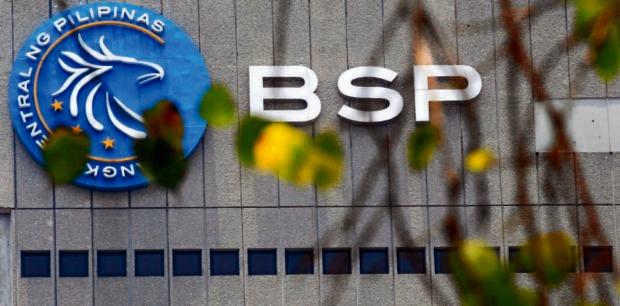Net FDI inflow to PH surged by 48.3% in April to $989M
The net inflows of foreign direct investments (FDI) to the Philippines surged by 48.3 percent in April to $989 million from $667 million in the same month of 2021.
The Bangko Sentral ng Pilipinas (BSP) said this brought the net inflows of FDI for January to April to $3.4 billion, a 12.1-percent increase from $3.1 billion recorded in the same four months of last year.
The BSP said four-month FDI net inflows rose due mainly to the 35-percent rise in nonresidents’ net investments in debt instruments such as treasury bills and bonds, to $2.58 billion from $1.91 billion.
But at the same time, net equity placements other than reinvestment of earnings fell by 37 percent to $517 million from $823 million.
Construction, real estate
There was little change in reinvestment of earnings, with $329 million in January-April this year from $326 million in the same period last year.
Article continues after this advertisementThe BSP said that in April alone, net inflows of FDI rose following the increases recorded across all components, led by nonresidents’ net investments in debt instruments.
Article continues after this advertisementAlso in April, increased equity capital placements came mostly from Malaysia, the United States and Japan. These inflows were channeled mainly to the construction; real estate; professional, scientific and technical; and manufacturing industries.
In a commentary issued last week, Fitch Solutions said new laws enacted earlier this year to further liberalize the domestic economy could help attract more FDI into the Philippines and help shore up the weakening peso.
Gradual depreciation
Fitch Solutions said the pace of peso depreciation will likely be relatively gradual in the coming months as the BSP has ample foreign reserves to intervene in the foreign exchange market if necessary to smooth downside volatility.
“On the other hand, however, the easing of foreign ownership restrictions should attract more foreign direct investments into the Philippines, which will likely provide structural support for the currency,” it added.
Earlier this year, then President Duterte signed into law several measures meant to further liberalize the economy by removing restrictions on foreign ownership of companies in the business of electricity, petroleum, water, seaports and public utility vehicles.
These laws include the amendments to the Retail Trade Liberalization Act, Foreign Investment Act and Public Service Act. INQ
